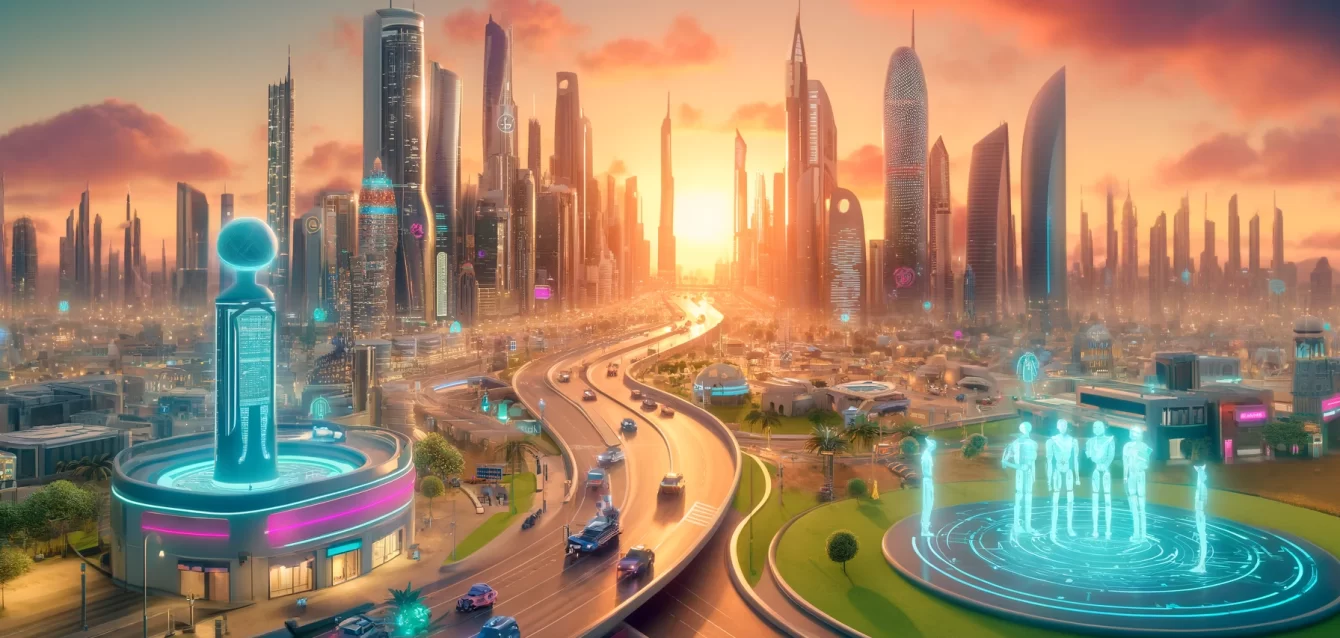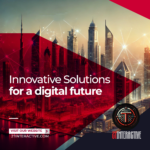Introduction
Rapid advancements in technology have led to the development of powerful AI systems that are reshaping various aspects of our lives. As we approach the year 2025, it is crucial to consider the potential impact of these intelligent machines on our daily routines, industries, and societies. In this article, we will explore how artificial intelligence (AI) will shape our lives over the next decade and discuss both its advantages and challenges.
Healthcare Revolution: AI’s Role in Improving Patient Care
One industry set to benefit significantly from AI advancements is healthcare. By 2025, AI-powered systems are expected to revolutionize patient care, diagnostics, and treatment plans. Here are a few examples of how AI will make a difference in the medical field:
- Accurate Diagnoses: Machine learning algorithms can analyze large volumes of medical data and identify patterns that may be difficult for human doctors to detect. This ability allows AI systems to provide more accurate diagnoses, which can lead to earlier interventions and better patient outcomes.
- Personalized Treatment Plans: With the help of AI, healthcare professionals can develop personalized treatment plans tailored to each patient’s unique needs and genetic makeup. These customized approaches will likely result in improved clinical outcomes and increased patient satisfaction.
- Remote Monitoring: As technology advances, we will see more telemedicine services and remote monitoring devices powered by AI. This will enable healthcare providers to monitor patients’ health from a distance, reducing the need for in-person visits and minimizing the risk of cross-infection during the pandemic.
Challenges and Regulatory Concerns
While AI holds immense potential for improving our lives, it is crucial to address some of its challenges and regulatory concerns. As we approach 2025, we must consider how AI will impact various sectors and ensure that ethical guidelines are in place to protect both individuals and society as a whole. Some key areas of concern include:
- Data Privacy: With the rise of AI-powered systems, there is a growing need for stringent data privacy laws and regulations. As more personal information is collected and processed by AI algorithms, it becomes essential to establish clear guidelines on how this data can be used and protected.
- Job Automation: The introduction of AI into various industries has led to concerns about job displacement. It is crucial that governments and businesses work together to develop strategies for re-skilling and up-skilling workers affected by automation, ensuring a smooth transition into new roles and industries.
- Bias Mitigation: AI systems are only as good as the data they are trained on, which means that if this data is biased or flawed in any way, the algorithms may perpetuate these biases. It is essential to establish standards for bias mitigation in AI development, ensuring that intelligent machines learn from diverse and representative datasets.
Transportation: Autonomous Vehicles and Smart Cities
Another industry poised for significant transformation by AI is transportation. As we move towards 2025, we can expect to see the widespread adoption of autonomous vehicles (AVs), electric cars, and smart city infrastructure powered by intelligent machines. Here are a few ways in which AI will impact our transportation systems:
- Autonomous Vehicles: By 2025, it is likely that self-driving cars and trucks will become commonplace on our roads. This shift will bring about numerous benefits, including reduced traffic accidents, increased efficiency, and improved overall mobility. However, we must address issues such as cybersecurity and ensuring that AVs are capable of handling all road conditions safely.
- Electric Vehicles: The development of AI-powered charging stations and energy management systems will play a crucial role in the widespread adoption of electric vehicles (EVs) by 2025. These intelligent machines will help optimize energy usage, minimize carbon emissions, and make EV ownership more accessible to consumers.
- Smart Cities: As cities become smarter, AI-powered traffic management systems, public transportation networks, and infrastructure will work together seamlessly to provide residents with efficient, environmentally friendly transportation options. This shift towards smart cities will ultimately lead to reduced congestion, lower emissions, and improved quality of life for urban dwellers.
Conclusion
The future of AI is promising, with countless opportunities for transformation across industries such as healthcare and transportation. As we look forward to the next decade, it is essential that we address the challenges and concerns associated with AI development while also embracing its immense potential for positive change. By working together to ensure the responsible adoption of intelligent machines, we can create a brighter future for ourselves and generations to come.




